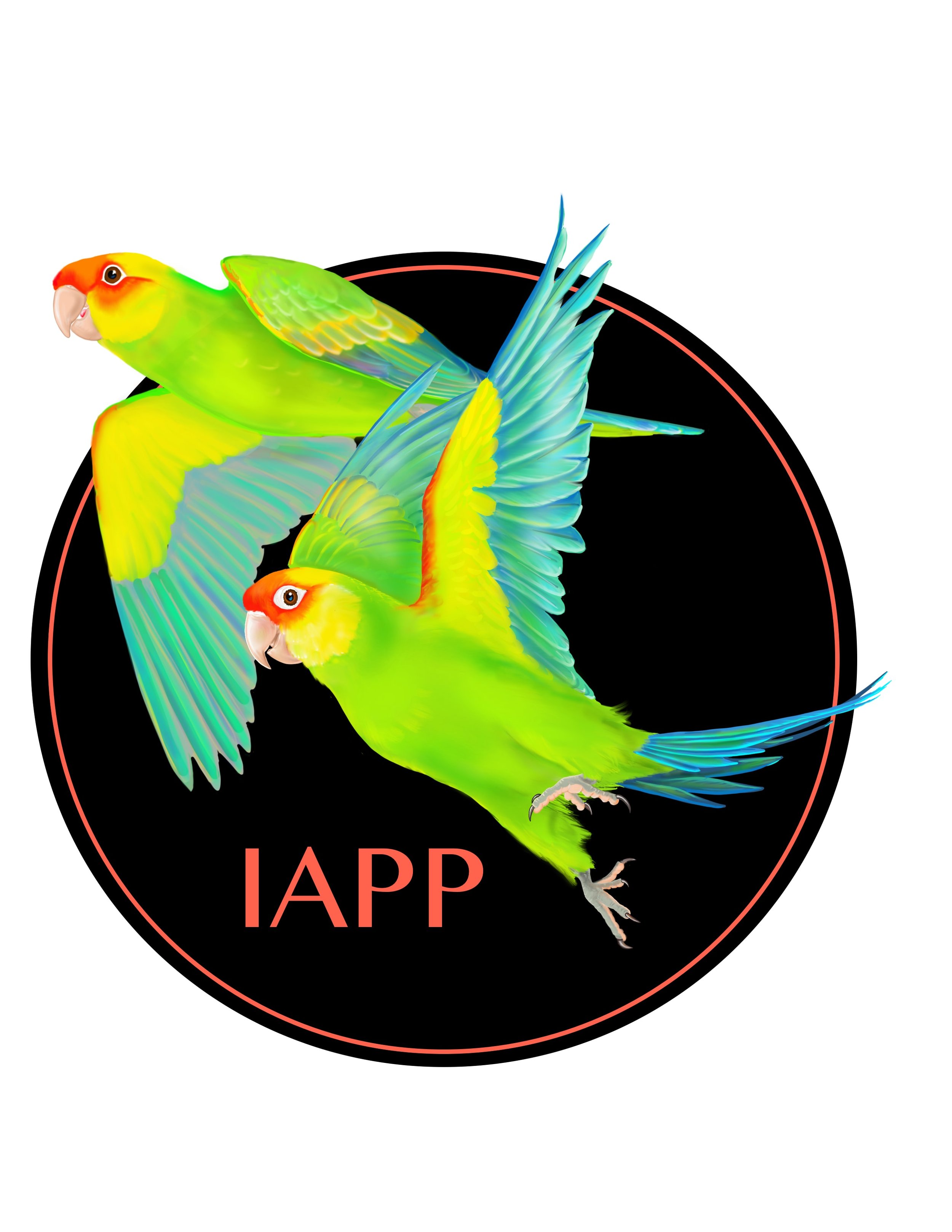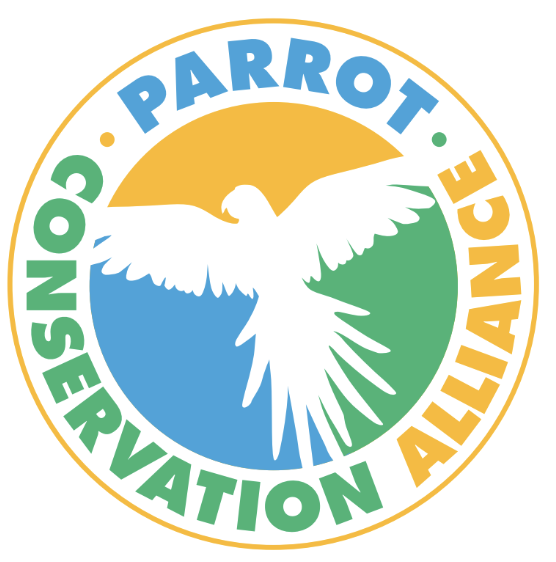A Holistic Approach to Parrot Care
By Karen Windsor
Adapted from “Standards of Care & The Avian Companion”
Originally published in the RIVMA Newsletter, Winter 2011/Volume XXXVIII
A parrot is the sum of all of its interrelated parts. Maintained on a nutritionally diverse and balanced diet
that includes pellets, fresh produce, grains, and a measured amount of seed or nuts, a parrot’s most basic
need for survival is met. Good nutrition is possibly the one aspect of parrot care that is easily within the
reach of dedicated guardians, particularly because of the contributions of veterinary science. But when we counsel on nutrition without also guiding guardians in addressing the social, emotional and mental needs of the bird, what we end up with is a healthy parrot who is going to live a very long, miserable life.
Social deprivation/isolation and is one of the leading causes – if not the leading cause of difficulty in the
pet parrot. Like humans, parrots are hard-wired to be connected to a partner, to a dynamic social group and to serve a function within that group. In households where busy schedules leave inadequate time for pet birds, conspecific companionship is vital. It is a great myth of the pet trade that birds who have the companionship of other birds will reject humans.
The fact is, many parrots relish the companionship of same or similar species birds while continuing to
crave attention from their humans. Even same sex parrots can form strong friendship bonds with one
another while remaining dedicated to their human care givers. In the case of flocking birds like parakeets,
cockatiels and finches, the more the merrier. Given a bird “room” or a large aviary that facilitates flight,
the social behavior of small flocks or communities of parrots is nothing short of enchanting. Unwanted
nesting or breeding activity within the flock can be discouraged simply by not providing nesting ‘real
estate’. Furthermore, normal flight activity and exercise contribute significantly to the physical health of
birds and help reduce the occurrence of common health issues like obesity, reproductive diseases and
cardiovascular disease. Guardians who desire a more intense, one-on-one or ‘whole family’ relationship with a parrot must be prepared to be the flock and provide that consistent social dynamic that is going to serve the mental and emotional needs of the bird. In a “best case scenario” situation, a parrot can become a part of an active family where members are present throughout most of every day. The bird not only participates in the routines of the day, but can anticipate a relatively regular schedule of events. A single parrot with a dedicated human flock can thrive. A single parrot with an absent human flock needs another fulfilling social alternative. Not many families are present daily within the home these days. And if they start out that way, they generally don’t stay that way. At Foster Parrots we have received quite a few birds from people who have explained, “We raised him with the kids! He loved the family. But the kids have grown up and moved away. No one is home anymore. He just sits there. And, well… we want to travel now. These are our retirement years. We don’t want to be chained to this bird anymore.”
How sad for that old soul who was a good family bird for 25 years, only to lose his family in the end. Psittacine longevity is another serious issue that must be contemplated and planned for by parrot guardians. Retirement and estate planning for pet parrots has become a growing pursuit for many responsible parrot guardians, and must be a part of the process when one considers the
possibility of parrot guardianship.
We need to raise the bar in regards to standards in avian care. People who keep parrots – or those
contemplating acquiring one - need access to new information that will challenge what they think they
already know about parrots – and how to provide for them. Proper nutrition is not enough. Flight and
exercise are not enough. Despite the fact that many pet parrots would be satisfied to eat sunflower seeds
exclusively and sit on a perch for their entire lives as long as they have Love, social bonding by and of
itself is not enough. Parrots are the most socially, emotionally and mentally complex animals commonly
kept by humans as companions. As such, they suffer profoundly when we fail them. If we raised the bar
so high for standards of avian care that only certain kinds of empathetic, committed, creative and
resourceful people would consider keeping parrots, we might drastically reduce the number of available
homes for parrots, but we would dramatically increase the quality of life for parrots in captivity. I think
that would be a trade-off most rescuers would be willing to make.







